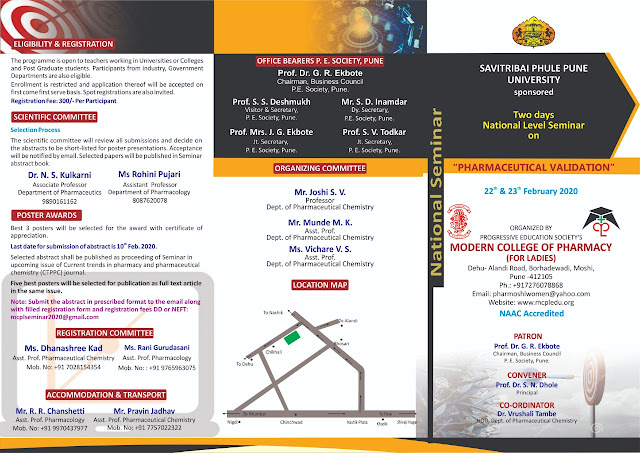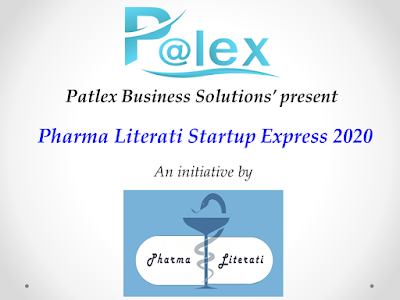‘Precision medicine’ is emerging as big treatment approach for cancer: Genetic scientists
Eminent genetic scientists from various countries, who assembled at the Sri Ramachandra Institute of Higher Education and Research (SRIHER) in Chennai last week observed that the emerging specialty in medical science, Precision Medicine which renders a new approach to medical treatment, has very big scope in treating and curing cancer diseases. They felt that precision medicine and individual therapy, especially for cancer patients, is becoming increasingly possible and the challenge is collection and handling of genomic data. In the near future, precision medicine approach will expand in many other areas of healthcare management. The genetic scientists of India and abroad held deliberations on the theme, “Advancing Healthcare through Genomics” at the three day annual meeting of the Indian Society of Human Genetics held at the Institute. ‘This approach will allow doctors and researchers to predict more accurately which treatment and prevention strategies for a particular




